In the first phases of a transition, one of the greatest risks is to pretend that it is a passing crisis, that it is.
Translated: don’t give dignity and importance to a deep call, and, on the contrary, giving the scepter to fears and more or less pale comfort zones.
It’s like being managed by the reptilian brain and behaving in a reactive way, that can include also other 2 reptilian strategies:
- to freeze (stand still, in shock, without even recognizing the need)
- to fight (that is, starting to make spasmodic and fruitless searches for companies and job advertisements, perhaps responding to dozens of searches in a single day, in a purely reactive way.)
Another reading – more introspective – of “pretending that’s nothing” is that the dominant self crushes the drive of an emerging self, leaving no room for it, sabotaging it, magnifying risks and associated fears and diminishing the call itself.
Because that’s exactly what we’re talking about: the transition consists precisely in the transition from the current doing (the visible part) to an identity still in power, in potential (the invisible part), which pushes to become new reality, new life, new routine.
More subtly, the error we are talking about today can also be translated into actions that are apparently more rational, more decisive, more socially “acceptable”, but totally incongruous and unsuccessful: that is, applying linear logic, refusing a systemic point of view, and managing this double quantum leap from doing to being to new doing in a linear, transactional way.
It’s like persisting in wanting to explain everything with Euclidean geometry one hundred and twenty years after Einstein’s special theory of relativity.
The Transition is not a mere “let’s draw a straight line from point A to point B”, no: it’s a creative, transformative, generative act, in which what was not there before will be, what was valid before will be replaced by what is now more valuable for our new direction, projects, identity.
To get out of the metaphor, it means not simply changing company by adopting an external focus of control, not blaming colleagues, the market, bosses, the war, the pandemic or whatever for an internal malaise, not responding to dozens of ads to only emerge frustrated and strengthened in the idea that radical change is not possible.
We’re not speaking of a change of the snake’s skin, but a metamorphosis from caterpillar to butterfly, that is a profound introspective work.
The power of transitions resides in the fact that, at the end, we’re not simply changed, but literally transformed.
Some examples of transitions?
The Manager who takes the decision to quit and be a full-time Coach, Consultant, Entrepreneur. Well, coming out of the transition, not only he won’t be any longer an employee, but he won’t even be the Coach/consultant/entrepreneur he had in mind. He’ll have become a more and more enriched identity version of his dream. By what? By all those aspects that at the beginning of the transition he couldn’t even imagine, nor fully visualize.
Let’s use some other examples, such as the plot of a famous movie: Pretty Woman.
Edward Lewis (Richard Gere) is a high-powered corporate raider from New York, he buys and dismantles struggling companies, selling off the assets for profit. The encounter with the prostitute Vivian Ward (Julia Roberts) will completely change his life, and vice versa. Changed by his experience with Vivian, Edward chooses to work with an entrepreneur to save his company instead of dismantling it, saying – maybe for the first time – that his action has finally “a good taste”. Also Vivian refuses the proposal from Edward to receive an allowance to get off the streets, but remaining more or less in the same condition. Now she feels profoundly changed and decides to come back to University and give her future a different chance.
Edward and Vivian meeting has been a pivotal moment, a transformative experience that helped them to re-think their lifes.
The very experience of transition is transformative. It is an alchemical oven that allows you to manifest in the visible world what has changed in your inner laboratory.
Accepting the call to navigate a transition requires an act of faith (and of love for yourself), that serves to leave the moorings and – trusting the process – give yourself permission to live the change.
A non-trivial act to do for those who are used to control, but also the only one that allows your boat to leave the known harbor and reach other shores.
And you won’t get there similar to how you started, but enriched by that same experience.
Transformed.

